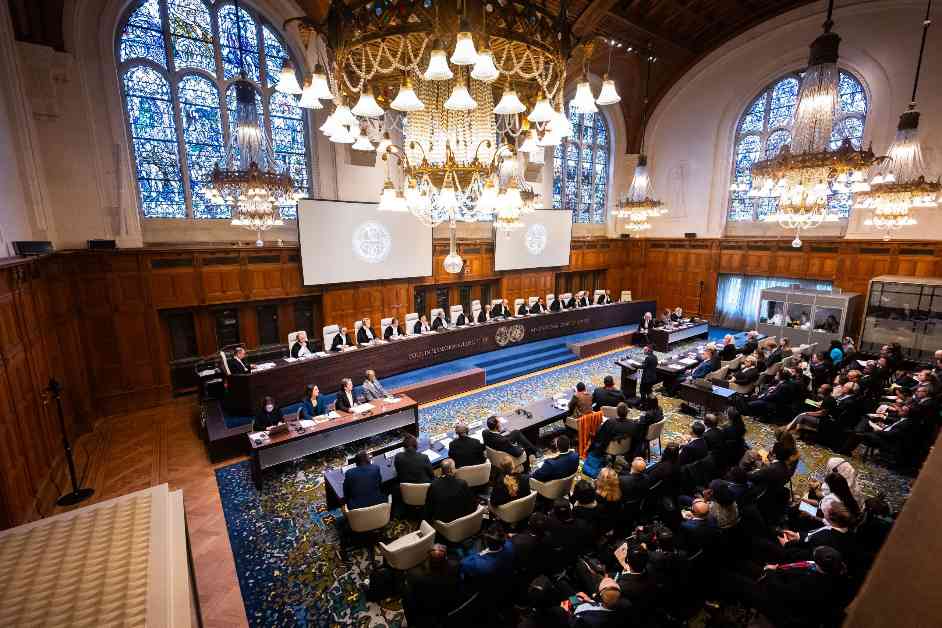The International Court of Justice (ICJ) has become the battleground for a fierce debate on climate responsibility, as wealthy nations like the US and Saudi Arabia leverage existing climate treaties to sidestep accountability for their planet-heating emissions. The ongoing two-week hearing at The Hague has drawn criticism from top climate diplomats and advocates, arguing that these treaties do not absolve states of their obligation to combat global warming.
Global Pressure and Legal Obligations
The ICJ session, spurred by a UN General Assembly resolution, aims to clarify the legal duties of states in addressing climate change and the consequences of failing to do so. While the court’s advisory opinions are not binding, experts emphasize their role in shaping future climate litigation and international negotiations. With 98 states presenting oral submissions, the hearing has exposed a glaring divide between high-emitting nations and climate-vulnerable countries demanding action.
Paris Agreement Scrutiny
Amidst the proceedings, the US and other major emitters have defended their climate efforts, citing the Paris Agreement as the primary framework for their obligations. However, critics like Laurence Tubiana caution against using the pact to dilute responsibilities, stressing the need for concrete actions aligned with the 1.5C temperature limit. The debate intensifies as nations grapple with the adequacy of their emissions-cutting targets and the legal standards set by the Agreement.
Beyond Climate Agreements
While some countries advocate for a broader interpretation of international law in addressing climate issues, others argue that their obligations are limited to existing treaties like the Paris Agreement and the UNFCCC. Disagreements persist on the applicability of human rights principles in the context of climate change, underscoring the complexity of legal frameworks in this global challenge.
Urgency for Climate Reparations
As the ICJ deliberates on state responsibilities, calls for climate reparations grow louder, especially after the recent COP29 summit fell short of expectations. Countries like Germany and Saudi Arabia defend their positions, highlighting the delicate balance between legal commitments and political will in climate action. The push for accountability gains momentum as nations grapple with the consequences of inaction on emissions reductions and human rights violations.
In the midst of legal wrangling and diplomatic deliberations, the world watches with bated breath as the ICJ navigates the complex terrain of climate responsibilities. As nations clash over legal interpretations and commitments, the stakes are higher than ever in the fight against global warming. How will this legal showdown shape the future of climate governance and accountability on a global scale?














